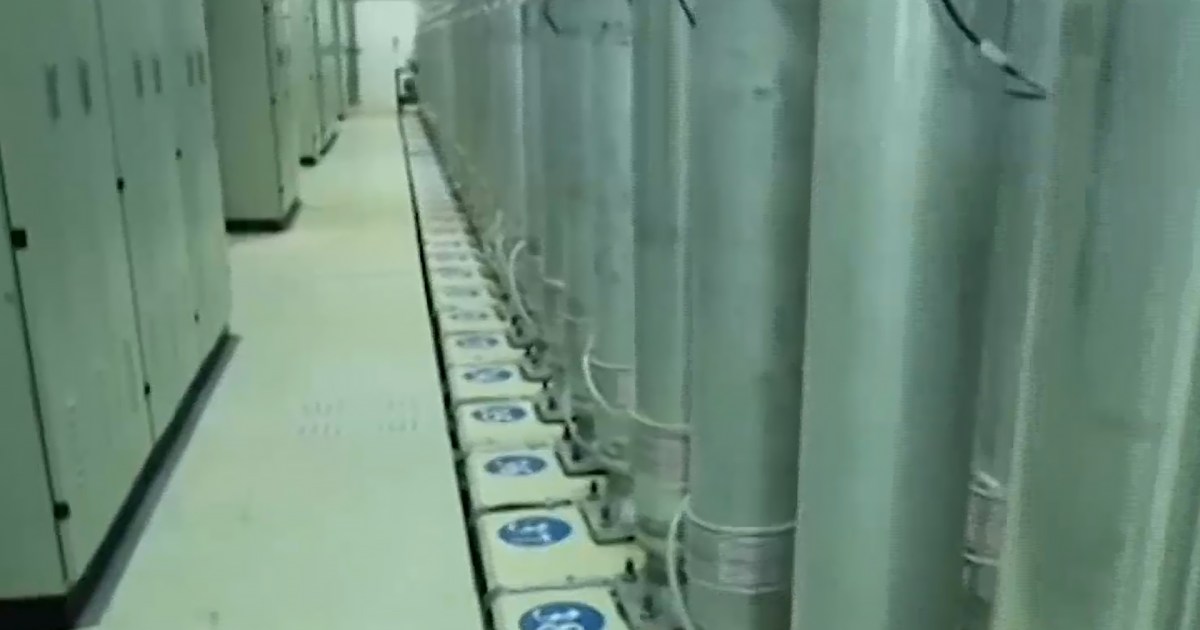The European Union announced today the resumption of negotiations related to the Iranian nuclear program in its fifth round today in Vienna, while Washington confirmed that the last round of Vienna talks were constructive and witnessed tangible progress.
The US special envoy to Iran, Robert Malley, said in a tweet on Twitter that there is still much work to be done, expressing his hope that the fifth round of talks will move forward towards a mutual return to compliance with the nuclear deal.
For her part, White House spokeswoman Jane Saki said that preparing to start a fifth round of indirect talks with Iran in Vienna is an indication of progress in diplomatic efforts, adding that those talks are the way to prevent Tehran from acquiring a nuclear weapon.
The Director-General of the International Atomic Energy Agency, Rafael Grossi, announced yesterday that the agreement with Iran to monitor nuclear facilities will be extended for a month without conditions, to expire next June.
The Iranian position
On the other hand, Iran's envoy to the International Atomic Energy Agency, Kazem Gharibabadi, said that this decision was based on Iran's goodwill.
As for Iranian Foreign Ministry spokesman Saeed Khatibzadeh, he considered that the extension agreement is an opportunity that will not remain forever, and that Washington should take advantage of this opportunity.
Reuters quoted a senior Iranian government official as saying, "In the end, Iranian President Hassan Rouhani wants to lift the US sanctions, but he does not mind the talks being prolonged for a short period."
"If the agreement is saved at the last possible moment, the next president will benefit from the lifting of sanctions in improving the economy, and this is the best positive time for him" before the elections scheduled for next June 18, he added.
A diplomat in the region told Reuters - who was briefed by Western officials involved in the nuclear talks on their developments - that "an agreement will be announced in Vienna this week that clarifies the commitments of Tehran and Washington in order to make progress."
European position
The European Union’s foreign policy commissioner, Josep Borrell, said yesterday that Iran is ready to return to full compliance with the requirements of the nuclear agreement, and that Iran's nuclear facilities are the most under surveillance in the world.
Borrell added that Iran is ready to fulfill its pledges if Washington abides by the economic aspect of the agreement, and takes into account the damage caused to the Iranian economy as a result of the unilateral withdrawal of the United States from the agreement.
He pointed out that the longer an agreement is reached, the greater Iran's chances of becoming a nuclear power. Therefore, the agreement is the only way to prevent this.
Indirect negotiations began at the beginning of last April in the Austrian capital Vienna between the United States and Iran, and are mediated by the Europeans and the rest of the signatories of the 2015 agreement aimed at preventing Tehran from developing a nuclear weapon.
The essence of the nuclear deal is for Iran to commit to taking steps to restrict its nuclear program, making it difficult for it to obtain fissile materials for a nuclear weapon in exchange for relief from US, European and UN sanctions, while Tehran has always denied seeking nuclear weapons.

